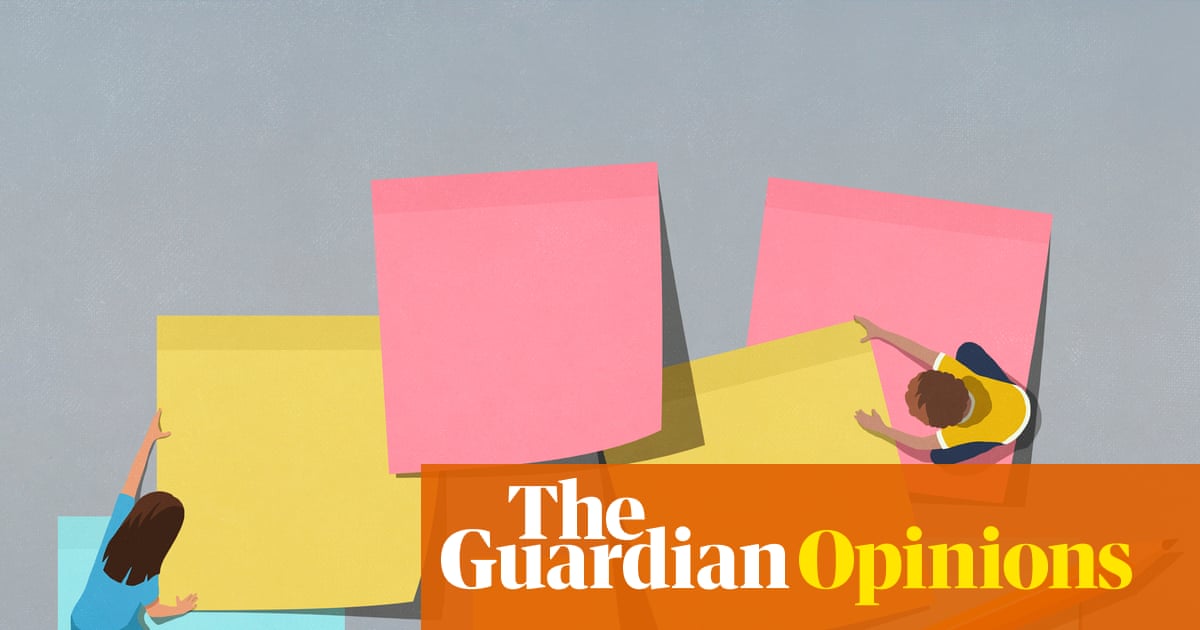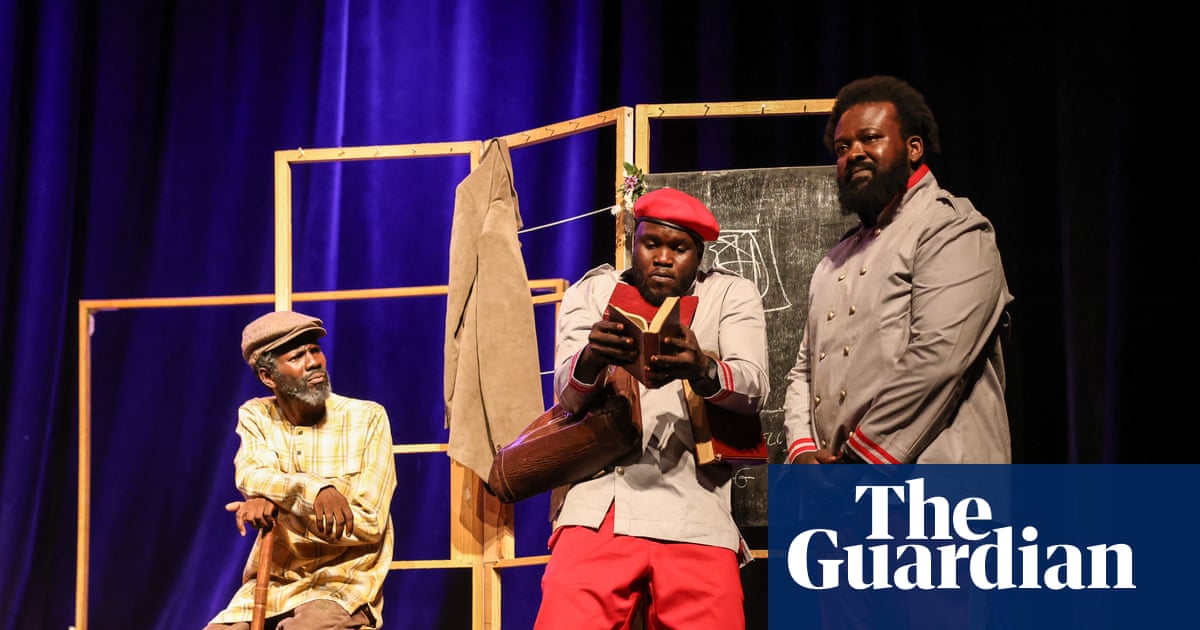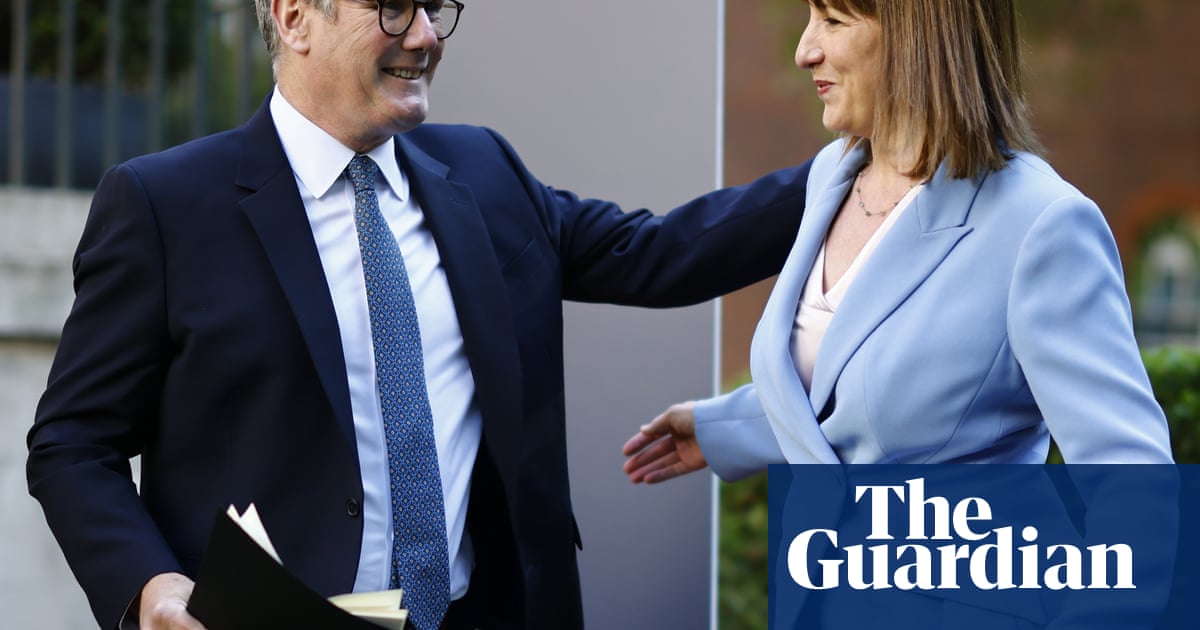A few months into an eagerly planned retirement, Martin described the transition as “a seismic shift”.
“I thought I had it all figured out,” he said, the frustration evident in his voice. “I’ve been so looking forward to more time in the garden, picking up the guitar again, getting into a fitness routine and planning trips with friends.”
But somehow Martin’s plans haven’t translated into meaningful experiences for him – “I feel quite lost, which is very strange for me as I have always known what to do and what I am going to do next,” he said.
Martin was puzzled by this new experience, and also expressed some anxiety: “Without my work, who am I? What value do I have?”
The transition from a life of structured achievement to one of open-ended possibility is profound. For those accustomed to influence and achievement, finding new meaning requires more than just financial planning. When work has defined who you are for decades, retirement can trigger surprising emotional and cognitive challenges.
Despite living on opposite sides of the globe and working in different industries and roles, Martin’s experiences were echoed by John, who recently stepped away from corporate life and a highly successful leadership career. “I have no regrets, I’ve succeeded, travelled and performed. But now, I feel quite lost.”
The retirement identity gap
For both men, the feeling of being lost has been unpleasant, unsettling and isolating. They have found themselves “in between” identities, neither fully in their previous life nor settled into the next chapter.
We know from psychological research that the space between work and retirement can be a profound challenge to one’s self-concept. It is particularly difficult for people who have succeeded in knowledge-based professions where cognitive performance and expertise are fundamental to professional identity: what do you do when you stop thinking for a living?
“I went from having a demanding schedule with people depending on my expertise to suddenly having endless free time. It sounds like a luxury, but it felt more like falling off a cliff.” Martin was coping with the lost and “falling-off” feeling by taking on an ever-increasing list of projects, and John was grappling with a strong urge to “do one more business”. “I still have plenty of gas in the tank, maybe I’m not ready for a slower life”.
The assumption prior to retirement that more time will automatically translate to greater fulfilment is common, but as Martin and John are finding, not necessarily true – especially when that time lacks the structure, purpose, and community that a previous work life provided.
Researchers have found that having a lot of free time doesn’t necessarily equate to happiness. People derive a certain sense of joy from being productive and accomplishing things and might lose this sense of joy with a lot of unstructured time.
Other researchers have shown that retirees who maintain a strong social network – for example volunteering or joining clubs – are happier and healthier, while the longitudinal Harvard study on happiness has identified the loss of work relationships and connections as the biggest challenge to retirement wellbeing.
Finding structure, purpose and community in new ways
The American writer William Bridges describes this in-between time as “the messy middle.” For John and Martin, navigating a meaningful life in this time of transition has involved purposeful experimentations and an acceptance of not knowing yet what all the components of retirement identity and purpose may look like. Martin in particular has found the messy middle metaphor helpful.
In his messy middle, John has taken on some charity work to create purpose, various physical labour projects for some tangible sense of accomplishment, a consulting project to see if this provides an outlet for his entrepreneurial drive and a travel adventure to develop new social connections. Martin is testing out a slower pace, intentionally dialing down scheduled commitments and staying with the uncomfortable experience of less “achievement”. “It’s a struggle, but I’m starting to see that there’s value in who I am, not just what I produce.”
Martin has also been deliberately seeking out time with male friends, some of whom are also transitioning into retirement. He notes that these conversations are fragile, as men of his generation rarely venture on the thin ice of personal vulnerability.
“We skate around the issue and often back off, but we all sense we are in the same boat. And in any case, hanging out and obliquely touching on meaning and purpose has been heartwarming in a black humour sort of way.”
Processing a mixed bag of emotions
Both men share the experience as a mixed bag of seemingly contradictory emotions. They both describe gratitude for being in a position to make choices, for opportunities and relationships, alongside the anxiety, frustration and (sometimes) sadness of a life in flux.
Psychological research suggests that mixed emotions – like sadness and gratitude – are not contradictory but coexistent and neurologically integrated. This paradox validates John and Martin’s experience. Many retirees have similar experiences but struggle to put it into words.
John has discovered sharing his writing about his experiences has helped him make sense of his own mixed bag. He has appreciated positive feedback from others that his reflections are encouraging in their transitions toward retirement.
Retirement has come to be seen as an event, but perhaps it’s more like a passage – a crossing from the scaffolded certainties of working life to unmapped terrain that must be navigated. The real work of this next chapter is to embrace the messy middle not as a void, but as a creative space, where purpose and tasks no longer arrive by calendar invite.
Martin and John remind us that meaning doesn’t retire when we do; it simply migrates and must be rediscovered. The messy middle requires testing new identities, trying new activities and practising patience. Just like work, really.

 3 months ago
55
3 months ago
55

















































